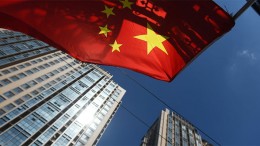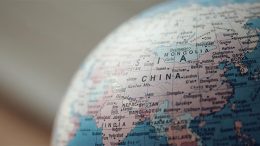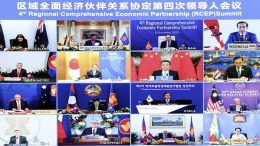Green Bonds Market To Top The $1Tr Mark In 2021
Many governments have committed to a net-zero carbon pledge, and many more should follow. In total, 26 countries now, or are about to, have a net-zero carbon pledge set in law and many others are currently discussing potential targets. However, only 11 governments have already launched sovereign green bonds. AXA IM expect this figure to grow as an increasing number of countries are due to put their words and commitment into action and investments, which are likely to be financed through green bonds. After Germany, Hungary, Sweden and the Netherlands launching theirs over 2020, Italy, Spain and the UK have already pledged to issue a green bond next year and certainly many others are likely to follow.










